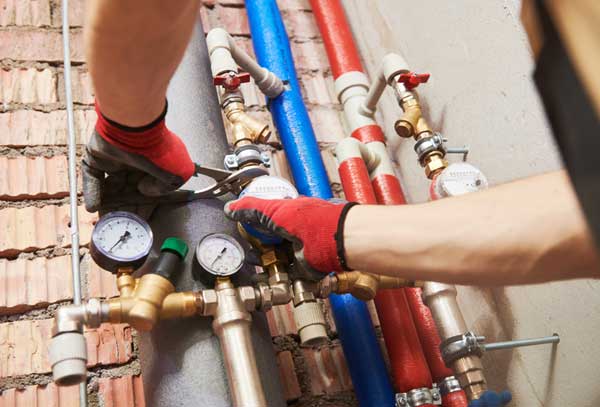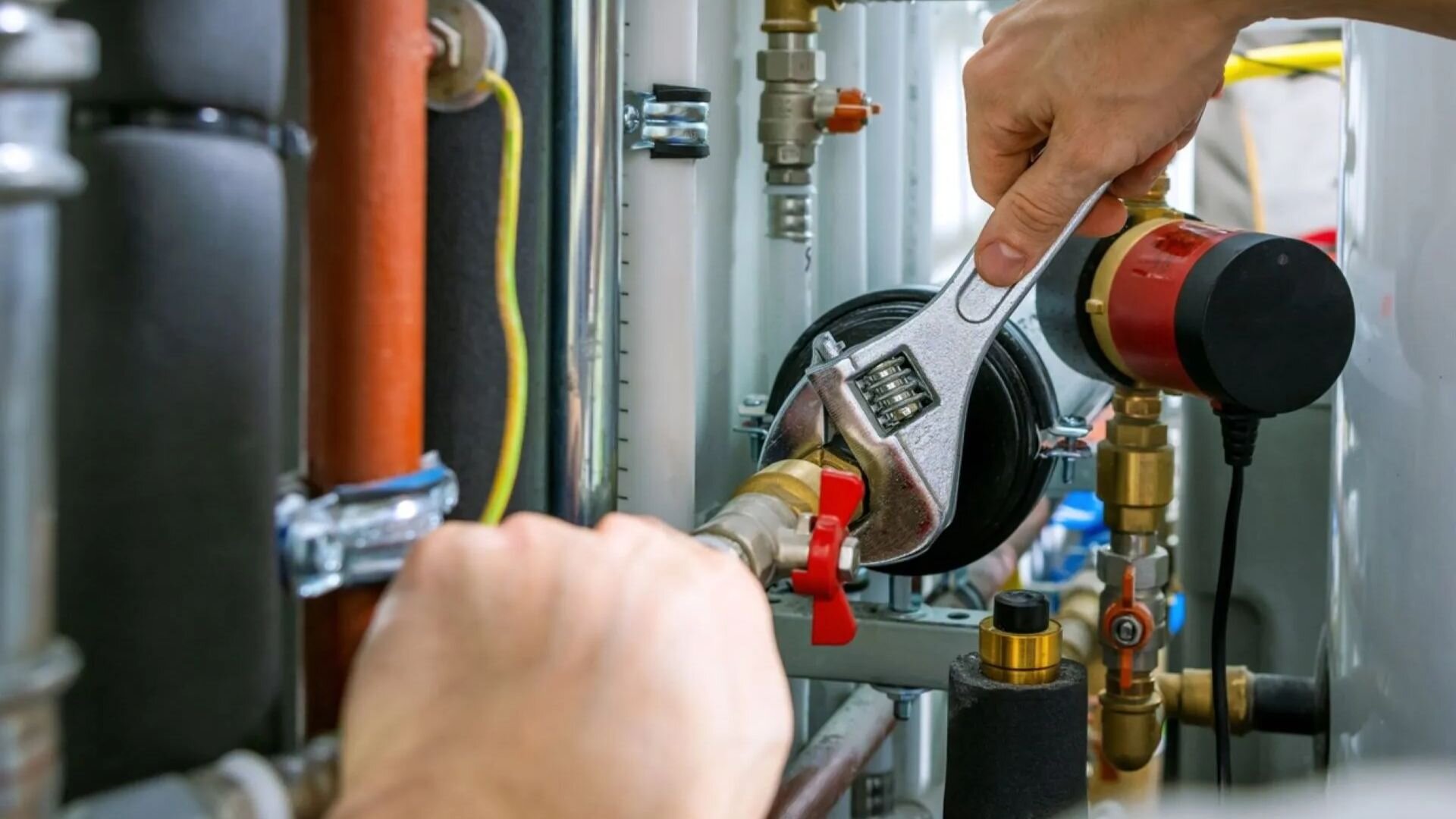Beginner's Guide to Bathroom Plumbing: Best Advice
Beginner's Guide to Bathroom Plumbing: Best Advice
Blog Article
Each person has got his or her own opinion about 6 Essential Plumbing Checks for New Homeowners.

For brand-new property owners, understanding and maintaining shower room plumbing can conserve both money and time by avoiding costly concerns down the line. Right here are some essential washroom plumbing tips to aid you keep every little thing running smoothly.
Prepare for Winter
Protect your pipelines from freezing throughout cold weather by shielding pipes in unheated locations like basements, attic rooms, and garages. During severe chilly, allow cold water drip from faucets offered by exposed pipelines to help prevent freezing.
Set Up Routine Upkeep
Consider organizing annual examinations with an accredited plumber. They can identify issues that you may miss out on, such as covert leakages or deterioration on pipelines and fixtures. Routine upkeep helps prolong the life of your pipes system and can prevent emergency situations.
Familiarize Yourself with the Main Shut-Off Shutoff
Knowing where the primary water shut-off shutoff lies in your house is crucial. This allows you to swiftly switch off the supply of water in case of significant leakages or during plumbing emergencies, preventing comprehensive water damages.
Regularly Check for Leakages
Little leakages can bring about big issues. On a regular basis check under sinks, around commodes, and near pipes fixtures for any signs of leaks. Try to find wetness, tiny drips, or rust. Capturing and fixing leakages early can protect against much more major damage and conserve water.
Preserve Your Hot Water Heater
Ensure your water heater is set to a suitable temperature (normally about 120 levels Fahrenheit) to prevent scalding and reduce energy usage. Flush the tank annually to remove sediment accumulation, which can decrease the effectiveness and life expectancy of your heating unit.
Upgrade Your Fixtures
If your home has older fixtures, think about upgrading to much more efficient models. Modern toilets, showerheads, and faucets are designed to use less water while providing excellent stress, which can dramatically lower your water expense and environmental impact.
Be Cautious with DIY Plumbing Services
While it's alluring to manage all home repair services on your own, be cautious with plumbing. Some concerns could need professional knowledge, especially if they entail major water lines or sewage system repair services. Employing a professional can sometimes be extra economical than do it yourself, particularly if it prevents more damage.
Don't Overlook Slow Drains
If your sink or bathtub is draining gradually, it's typically a sign of an obstruction developing. Addressing this very early can avoid a total blockage. Utilize a plunger or a plumber's serpent to clear out particles. Prevent using chemical drainpipe cleaners as they can harm your pipes with time.
Know What Not to Flush
Bathrooms are not garbage disposals. Stay clear of purging anything apart from toilet tissue and human waste. Items like wipes, womanly health products, and cotton bud need to be gotten rid of in the trash to avoid clogs and drain back-ups.
Install Strainers in Drains
Area strainers in your sink and bath tub drains to catch hair and various other debris prior to they enter your pipes system. Cleaning up the strainers consistently will help protect against buildup and maintain water moving freely.
Final thought
Understanding and keeping your home's bathroom pipes can protect against numerous typical concerns. By complying with these crucial suggestions, you can guarantee your washroom remains practical and reliable, conserving you time and money in the future.
Essential Plumbing Tips for Homeowners: Keep Your Pipes Flowing Smoothly
As a homeowner, understanding the basics of your plumbing system can save you time, money, and a lot of headaches. Plumbing issues can range from minor annoyances like dripping faucets to major problems like burst pipes that cause significant damage. This guide provides essential tips to help you maintain your plumbing system and tackle common issues.
Understanding Your Plumbing System
Supply System: Brings fresh water into your home from a municipal source or a well. Drain-Waste-Vent System: Removes wastewater and vents sewer gases outside. Fixtures and Appliances: Includes sinks, toilets, showers, dishwashers, and washing machines. Basic Maintenance Tips
Regular Inspections: Periodically check for leaks, corrosion, and other signs of wear and tear. Look under sinks, around toilets, and near water heaters. Know Your Main Shut-Off Valve: In case of a major leak, you’ll need to shut off the water quickly. Ensure everyone in your household knows where the main shut-off valve is located. Prevent Frozen Pipes: In cold climates, insulate exposed pipes and let faucets drip during extreme cold to prevent freezing. Use Strainers: Install strainers in sinks and tubs to catch hair, food particles, and other debris that can cause clogs. Common Plumbing Issues and Solutions
Clogged Drains:
Prevention: Avoid pouring grease down the drain and use drain screens to catch debris. DIY Fix: Use a plunger or a plumbing snake to clear minor clogs. For stubborn clogs, a mixture of baking soda and vinegar can sometimes help. Leaky Faucets:
Prevention: Replace washers and seals regularly. DIY Fix: Turn off the water supply, disassemble the faucet, and replace worn parts.

Booking Report this page